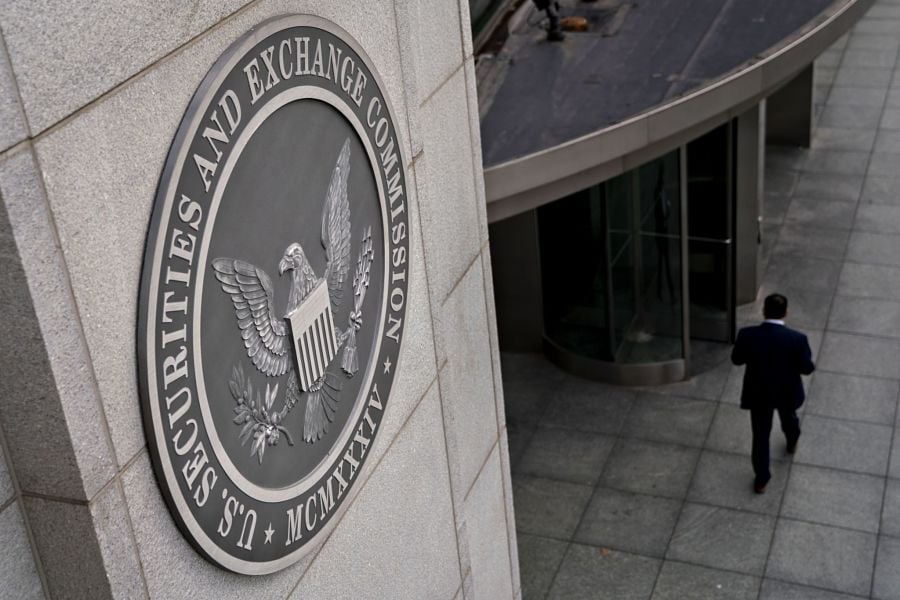

The SEC took the most enforcement actions for violations of securities laws in four years during its latest fiscal year and ordered the second-highest amount of money related to those actions in history, the agency announced Tuesday.
The Securities and Exchange Commission filed 784 enforcement actions in fiscal 2023, a 3% increase over fiscal 2022, and the highest number since fiscal 2019, when it conducted 862 enforcement actions. The agency engaged in 501 stand-alone — or original — enforcement actions, an 8% increase over fiscal 2022.
The SEC achieved the second-highest total amount of financial remedies — $5 billion — in its history in fiscal 2023. That total was eclipsed only by the $6.4 billion it obtained in fiscal 2022. The money ordered in fiscal 2023 comprised $1.6 billion in civil penalties and $3.4 billion in disgorgement. Each of those figures also was the second-highest in agency history.
The enforcement statistics represent the official tally for fiscal 2023, which was released a couple of weeks after SEC Chair Gary Gensler previewed the numbers in a speech in Washington. The agency’s fiscal year runs from Oct. 1 through Sept. 30.
“The investing public benefits from the Division of Enforcement’s work as a cop on the beat,’ Gensler said in a statement Tuesday. “Last fiscal year’s results demonstrate yet again the Division’s effectiveness — working alongside colleagues throughout the agency — in following the facts and the law wherever they lead to hold wrongdoers accountable.”
As a highlight of its enforcement year, the SEC pointed to the $400 million in civil penalties it obtained from investment advisory firms, broker-dealers and credit rating agencies to settle charges that they violated record-keeping rules by failing to monitor their employees’ use of personal devices and messaging apps to conduct business.
The SEC also touted obtaining a total of $850,000 from nine advisory firms that violated the new marketing rule in the way they portrayed hypothetical performance. It also cited a combined $1 million in a civil penalty, disgorgement and prejudgment interest it ordered from Titan Global Capital Management for failing to comply with the marketing rule.
The agency distributed $930 million to victimized investors, a decrease from $937 million in fiscal 2022. Both totals were substantially higher than those achieved in fiscal 2021 ($521 million) and fiscal 2020 ($602 million). The SEC returned $1.2 billion to investors in fiscal 2019.

A new proposal could end the ban on promoting client reviews in states like California and Connecticut, giving state-registered advisors a level playing field with their SEC-registered peers.

Morningstar research data show improved retirement trajectories for self-directors and allocators placed in managed accounts.

Some in the industry say that more UBS financial advisors this year will be heading for the exits.

The Wall Street giant has blasted data middlemen as digital freeloaders, but tech firms and consumer advocates are pushing back.

Research reveals a 4% year-on-year increase in expenses that one in five Americans, including one-quarter of Gen Xers, say they have not planned for.
Orion's Tom Wilson on delivering coordinated, high-touch service in a world where returns alone no longer set you apart.
Barely a decade old, registered index-linked annuities have quickly surged in popularity, thanks to their unique blend of protection and growth potential—an appealing option for investors looking to chart a steadier course through today's choppy market waters, says Myles Lambert, Brighthouse Financial.
